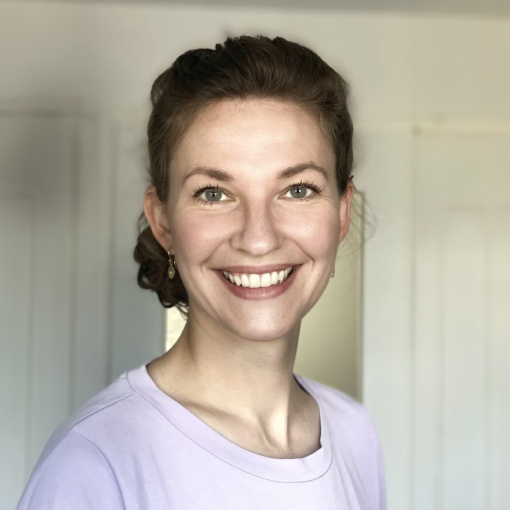Programme leadership team
Those teaching on the programme are experienced, impactful researchers and consultants with a deep understanding of behavioural science. They are experts in their field who are equipped to help you further your skills and apply them directly to your industry.
You will learn from experts in their field across the modules you undertake, including the programme leadership team below:






